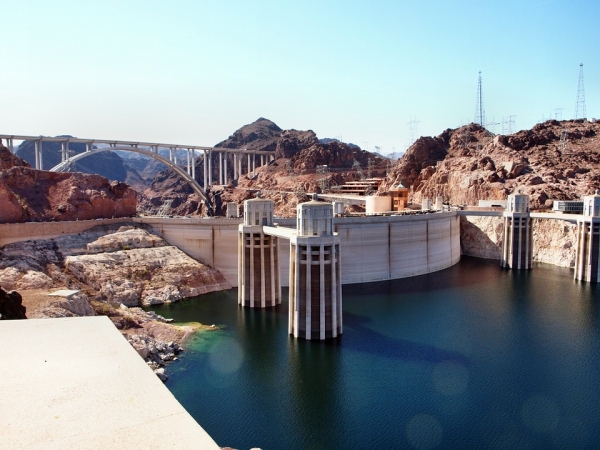As reservoir levels dwindle in the arid southwestern United States, scientists have developed a method to estimate summer rainfall in the region months in advance. Such seasonal predictions can help state and local officials make key reservoir storage and water allocation decisions earlier in the season and support more efficient water management.
Current seasonal forecasts are not able to accurately predict summer rains across Arizona and New Mexico. However, a team of scientists found that a variable in those same forecasts — the amount of water vapor in the lower atmosphere — could, starting in April, predict precipitation trends between the months of June and October across a large part of the region, performing especially well in Arizona. They detailed their findings in a study in Geophysical Research Letters.
“The method is surprisingly successful, enabling us to look at individual catchments and correctly predict months ahead of time whether they will get above or below average rainfall,” said Andreas Prein, a scientist at the National Center for Atmospheric Research (NCAR) who led the study. “It’s exciting because the desert Southwest is one of the most water-stressed regions in the world, and water management decisions have to be made way in advance before rainfall occurs.”
Read more at National Center for Atmospheric Research/University Corporation for Atmospheric Research
Photo Credit: Christiane1956 via Pixabay


